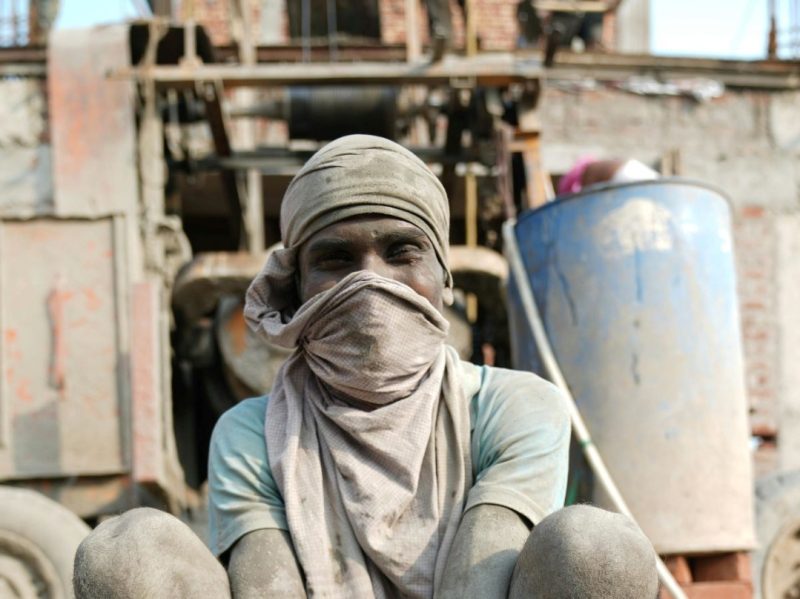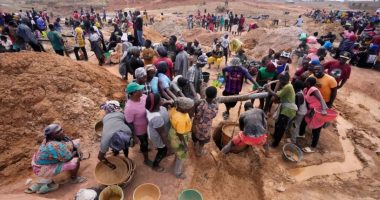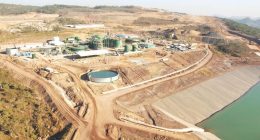An Investigative report by Humangle reveals a very disturbing and unfortunate trend of Young men in North Western Nigeria moving to Niger to take jobs as artisanal miners. The tragic reality of migrating to Mali in quest of money for Artisanal Gold mining is illuminated by the tale of Bashir Suleiman. His experiences reveal structural shortcomings in Nigeria’s mining sector in addition to human hardships. Due to violence, economic prospects are decreasing. A large number of young men are motivated to move, risking their lives in dangerous jobs overseas.
The desperate nature of such migration is demonstrated by Bashir’s voyage to Mali. Despite the risks involved, he and others see artisanal mining as a means of surviving the increasing violence in Zamfara. The situation is dangerous in Mali, where armed organisations in possession of the mines exploit a large number of migrants. Bashir describes how miners face long hours in hazardous conditions with little protection, as well as threats of violence and harmful working conditions.
This issue is made worse by the absence of regulation in Nigeria’s mining industry. Nigeria suffers with insufficient infrastructure and support for legitimate mining operations in spite of its abundant mineral resources. Young men are compelled by this neglect to look for possibilities in nearby nations, which contributes to a dangerous and exploitative loop.

Nigeria needs to give thorough reforms in its mining sector first priority if it wants to give its youth a sustainable future. This entails creating precise laws to safeguard labourers, raising the bar for safety, and encouraging ethical mining methods. Furthermore, empowering youth via education and community investment might provide them with viable alternatives to migration.
The story of Bashir is a sobering reminder of how urgently the mining sector in Nigeria needs to be reformed. Nigeria can help its youth prosper domestically by tackling the systemic issues and establishing safer, more sustainable mining conditions, which will finally end the region’s protracted cycle of exploitation and migration.












